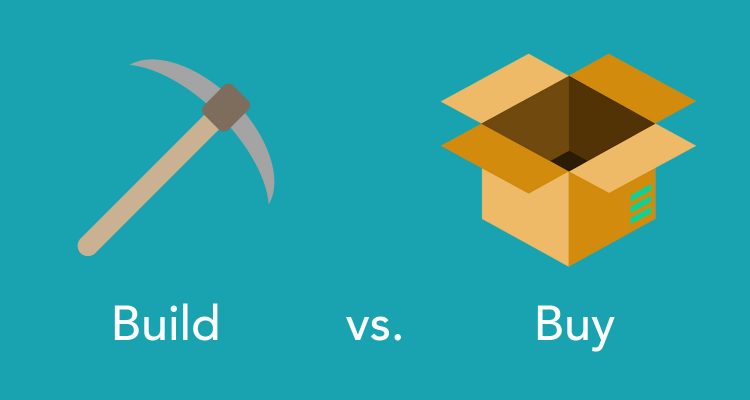Leverage often comes in knowing what not to build
Something I have observed in my work over the last few years is that many genuinely competent, highly productive developers are tricked by their very skill into undertaking projects that, though ultimately successful to a degree, produce outcomes much poorer than had they simply integrated with a third-party platform. Oftentimes immense leverage can be gained simply by knowing what not to build.
One of the very wonderful things about the moment that we live in is how many mature platforms – both open source and closed, community-driven and commercial – we have at our disposal.














